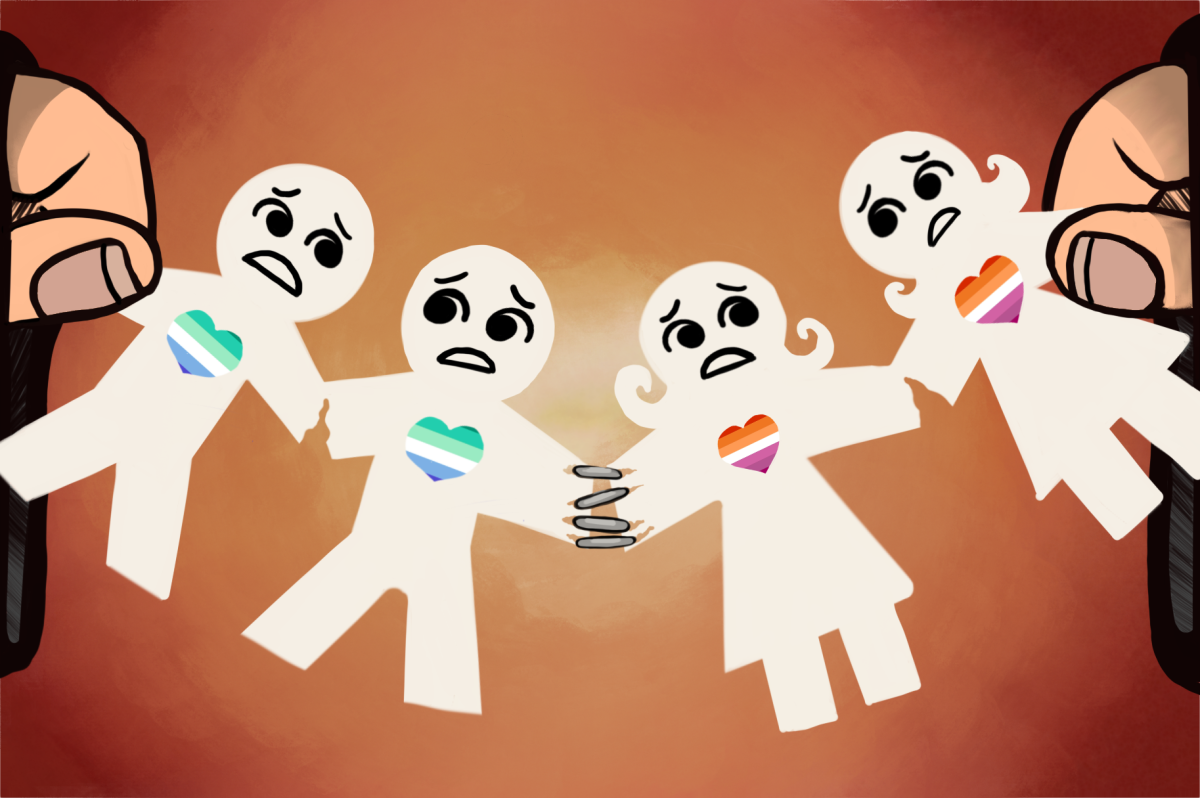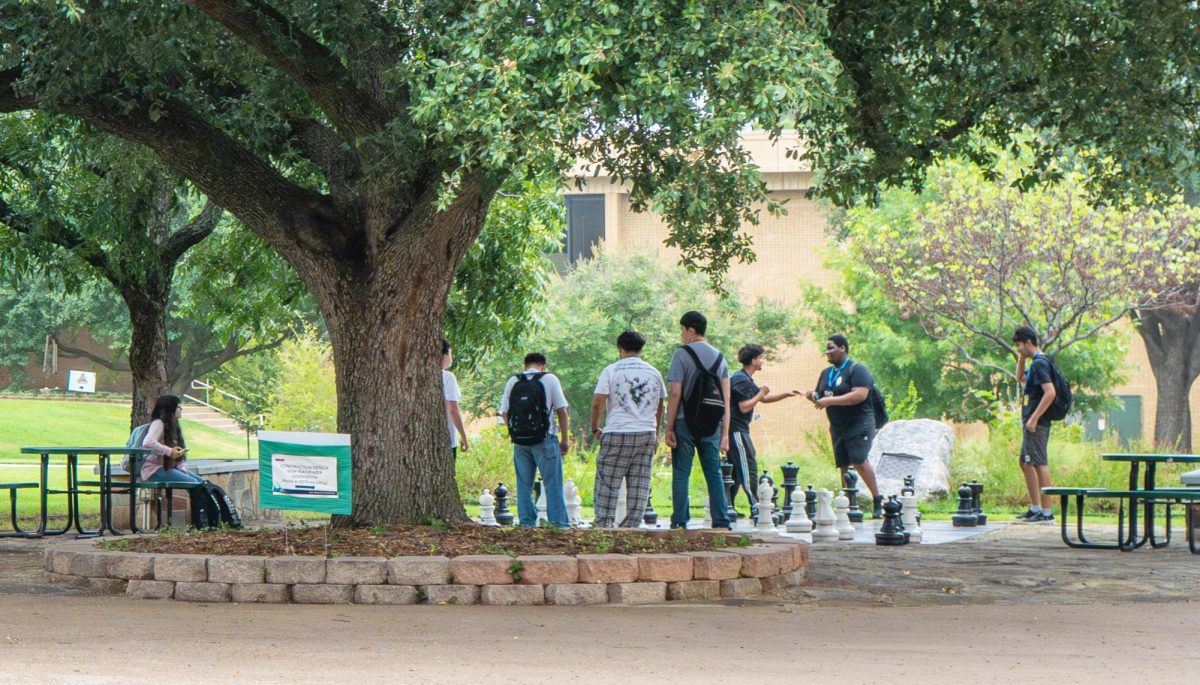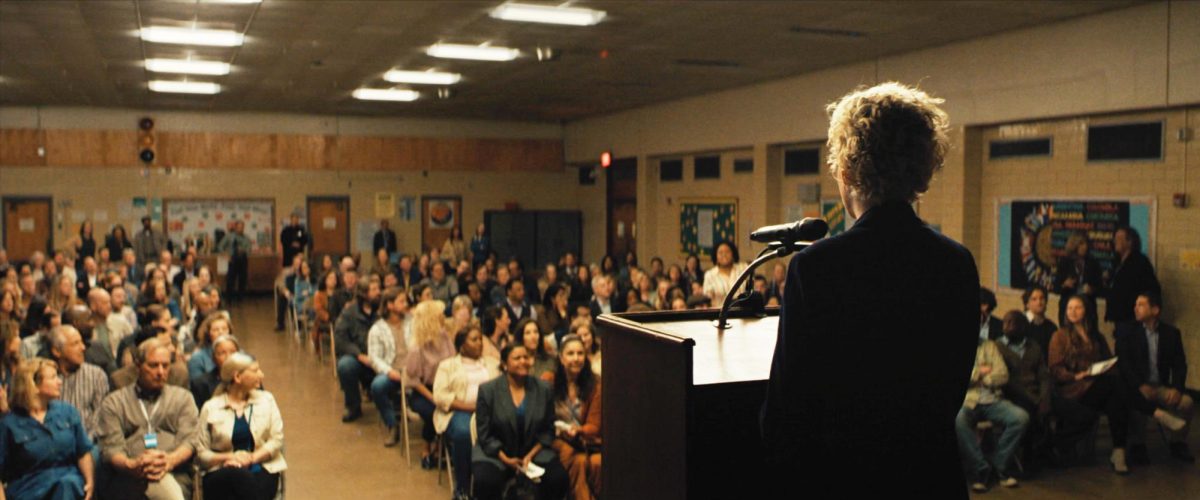Gay marriage might be too ingrained in American culture for even the conservative-leaning Supreme Court to overturn, but after the death of Roe v. Wade, nothing is certain.
A petition was recently submitted to the Supreme Court by former Kentucky county clerk Kim Davis seeking to overturn Obergefell v. Hodges, the landmark case that legalized gay marriage nationally.
When gay marriage was legalized across the nation, Davis refused to issue marriage licenses to gay couples even after being ordered by the district court and argued that doing so would infringe on her First Amendment right to freedom of religion. She was sued by several couples and ordered to pay damages and legal fees but, a decade later, still sought to appeal these decisions.
While several legal experts have said it is unlikely the petition will be heard by the court, Davis’ petition is just one of many recent attacks on gay marriage throughout the country.
The overturning of Roe in 2022 during the Supreme Court case Dobbs v. Jackson Women’s Health Organization let the issue of abortion be decided by individual states and is a reminder that our rights are reversible.
If Roe, which had stood since 1973, could be overturned with enough campaigning and conservative justices on the Supreme Court, then it is possible that gay marriage could be torn down as well.
Justice Clarence Thomas even directly referenced Obergfell in his concurring opinion with the majority, saying that the court should reconsider some of their past decisions. Thomas said the court had ‘a duty to “correct the error” established in those precedents.’
In 2022, 55% of Republicans supported gay marriage, according to Gallup. However, that number dropped to 46% in 2024.
With a conservative majority leading the country, we are now seeing a worrying trend. According to NBC News, lawmakers in nine states have introduced measures this year to explicitly undermine Obergefell.
It’s a frightening thought that there would be pushes to overturn gay marriage so clearly and out in the open. And it’s not hard to see why many are rightfully concerned and cautious about these pushes, however unlikely they are to reach the Supreme Court. LGBTQ+ Americans are seeing signs on the news and in legislation that there are people who want to take this simple right to marry away from them.
After a decade of gay marriage being legal, it now seems like common sense that the Supreme Court would side with Obergefell. To deny two people, regardless of their gender, the right to marry is wrong and discriminatory.
For decades, homophobes had painted gay people as promiscuous people living in sin with their partners but also didn’t approve of them marrying. Many felt that gay marriage was a destruction of the “sanctity of marriage,” and laws were put in place to prevent gay marriage like the Defense of Marriage Act of the ‘90s.
The Obergefell case was a culmination of decades of legal battles from activists to have certain rights protected by law.
Gay marriage isn’t just a right to publicly show love and commitment. It is also rooted in the right to legally recognize kinship among gay couples and the legal privileges that entails.
Previously, if a gay person had a medical emergency or died, as was sadly common during the HIV/AIDS epidemic of ‘70s to the ‘90s, their partner would often not be able to make medical decisions, be denied visitation rights and be denied inheritance rights.
All of those privileges were only given to married couples and were only rightfully granted to all Americans in 2015.
Protections were put in place during the Biden Administration to protect pre-existing gay and interracial marriages, but if Obergfell is overturned, it would devastate LGBTQ+ Americans.
Several states would go back to banning gay marriage, especially ones in the South. The younger generation will have to again live in a world where they are treated as second-class citizens in the eyes of the law, unlike their straight compatriots.
It would set the United States back into the days where LGBTQ+ people were ridiculed, discriminated against and excluded. And that isn’t the United States we ever want to live in again.
































